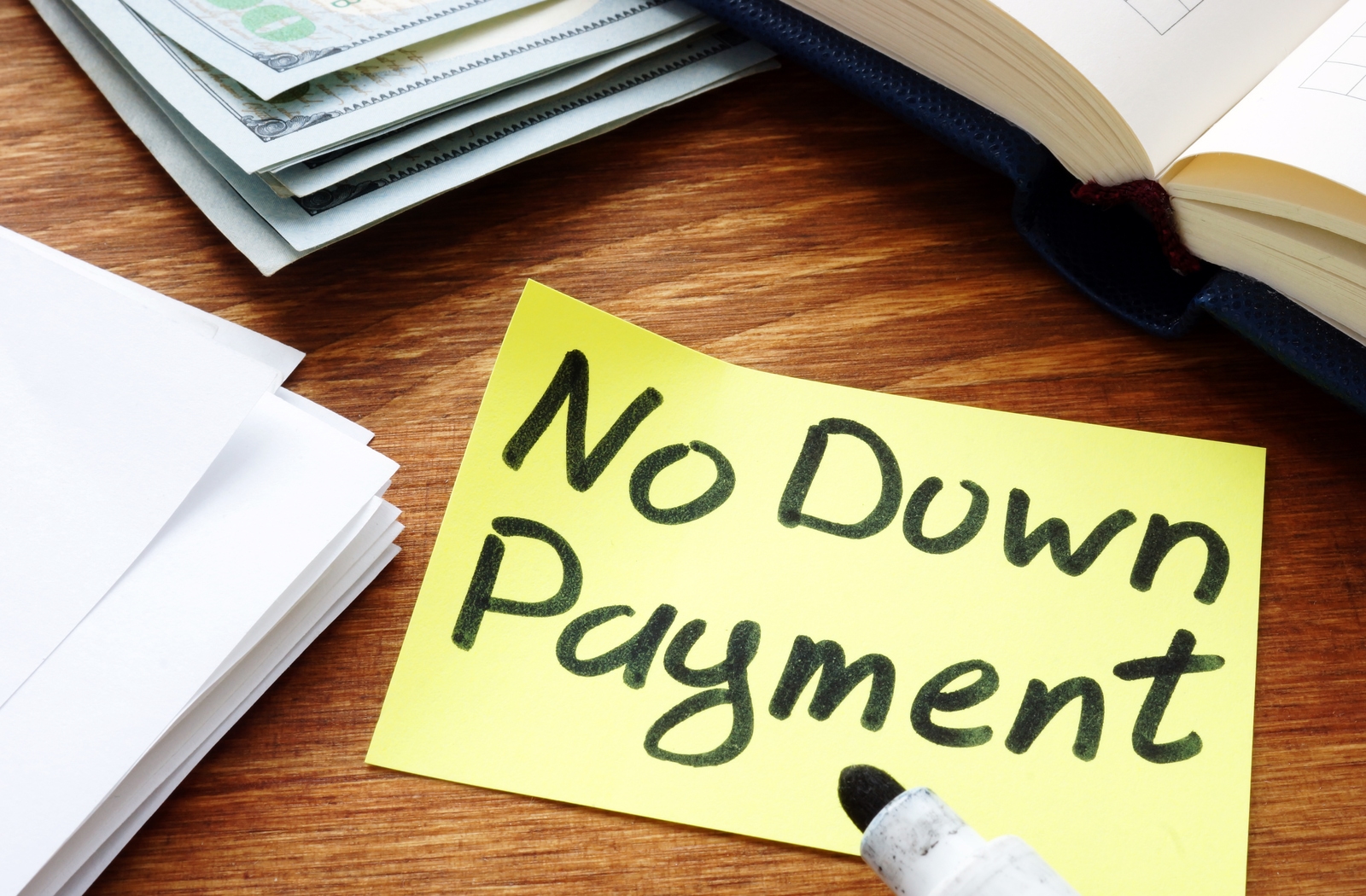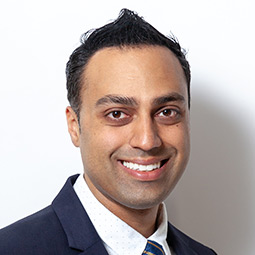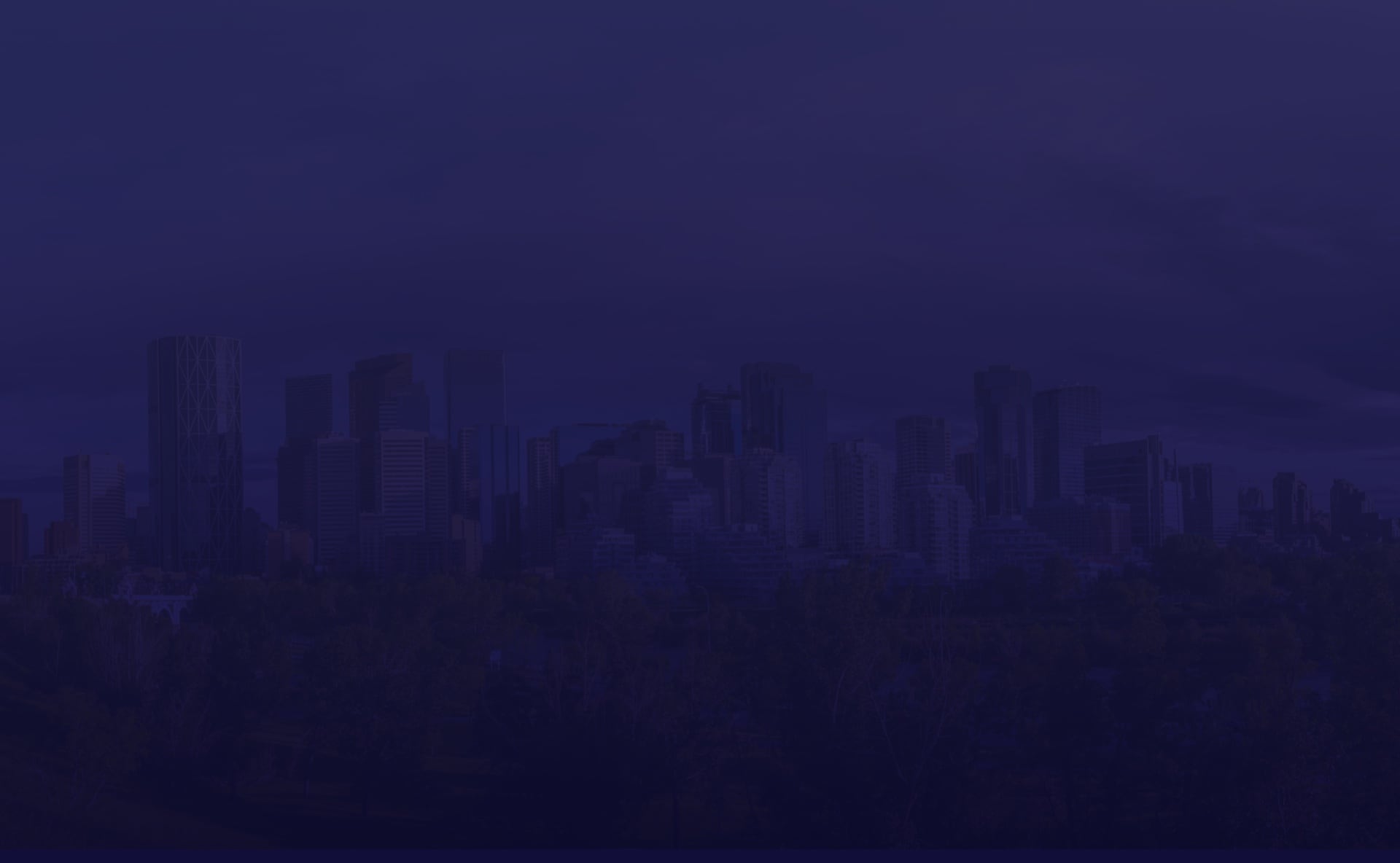Purchasing a home is a daunting task.
Not only will you take on a large chunk of debt (in the form of a great investment), but you’ll become responsible for managing all the expenses and upkeep associated with the property.
Is a no-down payment mortgage possible? Is it the right choice for you? We’re here to explain your options and help you find the right type of mortgage.
What Is a Mortgage?
A mortgage is a type of loan used to purchase a property.
The person applying for a mortgage is called the mortgagor, or borrower. The person or entity providing the mortgage is called the mortgagee, or lender.
When applying for a mortgage, the borrower can receive funding to purchase their property under a contractual agreement that the lender will take possession of that property if the borrower is unable to repay the loan.
For example, if you received a mortgage from your financial institution and were unable to make your regular payments, your bank would seize your home as collateral to repay your financial obligation.
Mortgages are one of the most secure loans available because property value rarely depreciates. Unlike vehicles, property tends to rise in value over time. And because mortgages are secured against your home, your interest rate is typically much lower than other credit products.
Most mortgages are amortized over a 25 to 30-year period, meaning you have 25 to 30 years to fully repay your mortgage to the lender.
However, due to market changes and the Bank of Canada prime lending rate, most lenders only allow up to 5-year terms for mortgage interest rates. This means that once your term is up, your mortgage rate will likely change.
Understanding Mortgage Rates
The Bank of Canada sets the prime lending rate. Banks and other financial institutions use the prime rate to lend funds to qualifying borrowers. This rate helps determine your interest rate on your mortgage.
When choosing a mortgage rate, you have 2 options: a fixed rate or a variable rate.
A fixed-rate is locked in at a set number for the entirety of your term. If you choose a fixed rate of 1.80% for a 3-year term, your interest rate for your mortgage will not change for the duration of that 3-year term.
A variable rate is usually lower, but can increase or decrease if the prime rate changes. Your regular payment amount won’t change, but the amount you pay towards your principal will increase or decrease with any change to the prime lending rate.
Principal vs. Interest
Your regular payment is made of 2 parts: principal and interest.
Your principal is the portion of your regular payment that goes towards paying off the mortgage.
Your interest is the portion of your regular payment that goes towards paying the amount calculated by your interest rate. This is essentially the lender’s fee for loaning you the mortgage funds.
What Is a Down Payment?
A down payment is a sum of money the borrower pays toward the mortgage directly before receiving the loan itself.
The down payment is a portion of the purchase price and is applied to the loan before interest starts to accrue. Ideally, the borrower would provide a 20% down payment to the lender. A higher down payment is beneficial to both the borrower and the lender.
The more you can pay upfront, the lower your total mortgage will be.
You can also make lump-sum payments on your mortgage every year of up to 20%. The actual percentage will depend on the lender, but these lump-sum payments are applied directly to the principal loan, meaning every penny of a lump sum pays down the total mortgage without interest.
A higher down payment and regular lump sum payments are cost-effective ways to reduce your total expenditure on your mortgage for the entire amortization period.
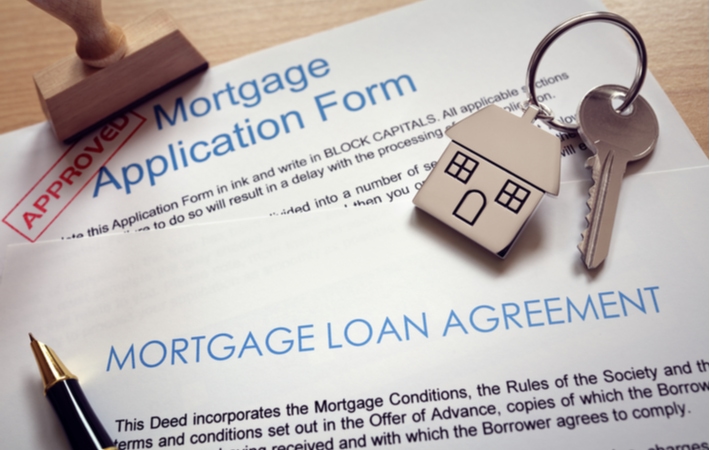
Applying for a Mortgage
The most common way for borrowers to purchase property is by applying for a pre-approved mortgage.
A pre-approved mortgage means the borrower hasn’t found a property to purchase yet, but they know how much they can spend on a property. The lender essentially agrees to a certain amount for the mortgage, which allows the borrower to make guaranteed offers on properties within that range.
For example, if you are pre-approved for a $300,000 mortgage and you can provide a 10% down payment ($30,000), then you can offer up to $330,000 for a property. You do not have to offer the maximum amount, but you have the option to do so.
In order to apply for a mortgage (pre-approval or otherwise), you’ll have to provide the following information:
- Government-issued identification
- Proof of employment & income
- Current assets & liabilities
Government-issued identification includes passports, driver’s licenses, permanent resident cards, and provincial ID cards. If you’re unable to obtain a photo ID, most lenders accept 2 pieces of ID in the form of tax forms, utility bills, or status cards.
When providing proof of employment, the lender will usually ask for:
- A recent pay stub (within the last 30 to 60 days)
- A letter from your employer
- Your last 2 years of T4s
- Your last 2 notices of assessment from the CRA
If you have other assets or liabilities with other institutions, you’ll have to provide proof of those amounts. For example, if you have a credit card with RBC and you’re applying for a mortgage with Mortgage Connection, you’d be asked to provide a recent statement from RBC regarding the credit card.
With a Down Payment
In Canada, you have to pay a minimum of 5% down on any property you purchase. You can put any amount (5% or higher) down on a property, but most people will put a maximum of 20% down.
When you put 20% (or more) down, you get the best possible mortgage rate* for you. You also avoid an additional fee applied to your regular payments.
When you put less than 20% down, you have to pay an additional fee called an insurance premium. This premium, also known as default insurance, is usually charged by the Canada Mortgage and Housing Corporation (CMHC) and is designed to protect the lender if you are unable or unwilling to repay your mortgage.
Borrowers who put less than 20% down are considered “high-ratio” mortgages, which are generally a higher risk for lenders. CMHC fees may seem like a bother, but they allow many Canadians to purchase a home without a large down payment.
* Each mortgage rate is based on the prime lending rate, the borrower’s credit, repayment capacity, and other factors.
Without a Down Payment
Purchasing a home without a down payment doesn’t mean you don’t provide a down payment. It means that you can borrow your down payment in order to purchase property and potentially avoid closing costs.
This means you’ll take on additional debt, but you can start building equity in a property. Essentially, your mortgage and down payment will be funded by 2 different lenders.
You’ll likely have to find an alternative lender for your down payment. You’ll repay your down payment lender the same way you repay any liability—with regular payments agreed on by both parties.
Down Payment Loans
There are a few options for borrowing funds for a down payment, such as:
- A personal loan or line of credit
- A credit card (not recommended)
- A private loan from a family member
- A government program
- A private program (if available)
Down Payment Programs
There are different programs available to help home-buyers provide a down payment:
- First Time Home Buyer Incentive (federal program)
- Attain Your Home (Calgary)
- PEAK Housing Initiatives (Alberta)
- National Affordable Housing Corporation’s Down Payment Assistance Program (Saskatchewan)
- Down Payment Assistance from Manitoba Housing (Manitoba)
- AccèsCondos (Quebec)
- Down Payment Assistance Program (Nova Scotia)
- Home Ownership Program (New Brunswick)
- Down Payment Assistance Program (PEI)
Borrowing for your down payment should be carefully considered. There are advantages and disadvantages to this method.
Pros
- Stop spending money on rent
- Avoid CMHC fees by borrowing a down payment of 20%
- Start building equity in a property
Cons
- Unable to apply for a HELOC
- Higher mortgage rate
- Accumulate more debt
- Falling house prices could result in you owing more than the property’s actual value
How Can I Connect with Us for a No Down Payment Mortgage?
Getting approved for a no down payment mortgage can be challenging. However, there are some factors that can improve your chances of approval, such as:
- A higher credit score (at least 650)
- No late or missed payments on other liabilities
- A stable income (certain level of job security)
- Enough cash to cover closing fees
There can be a lot of hidden costs when purchasing a home, so make sure you fully understand every cost before applying for a mortgage.
Should I Get a No Down Payment Mortgage?
A no down payment mortgage might sound like a great idea, but it’s not the right choice for everyone.
Remember: a no down payment mortgage can help you buy a home, but you will take on more debt.
If you have:
- Regular income with a stable job
- An above-average credit score
- The ability to afford your mortgage payment
- The ability to afford additional life expenses
- The ability to make payments in the event of lost income
- A rent payment that you could easily put towards your own home
Then a no down payment mortgage could be a great choice for you.
If none of these points apply to you, a no down payment mortgage is not a good idea for you at this time. Instead, try to focus on building a budget and saving strategies. A mortgage is a huge decision and you don’t want to put yourself in a position where you’re unable to meet your financial obligations.
Next Steps
The best thing you can do before buying a property is to discuss your options with a financial advisor. Professionals in this industry can help you create a plan that works for you.
Our team is here to help you. Contact us today to learn more about how we can help you find the home of your dreams.

